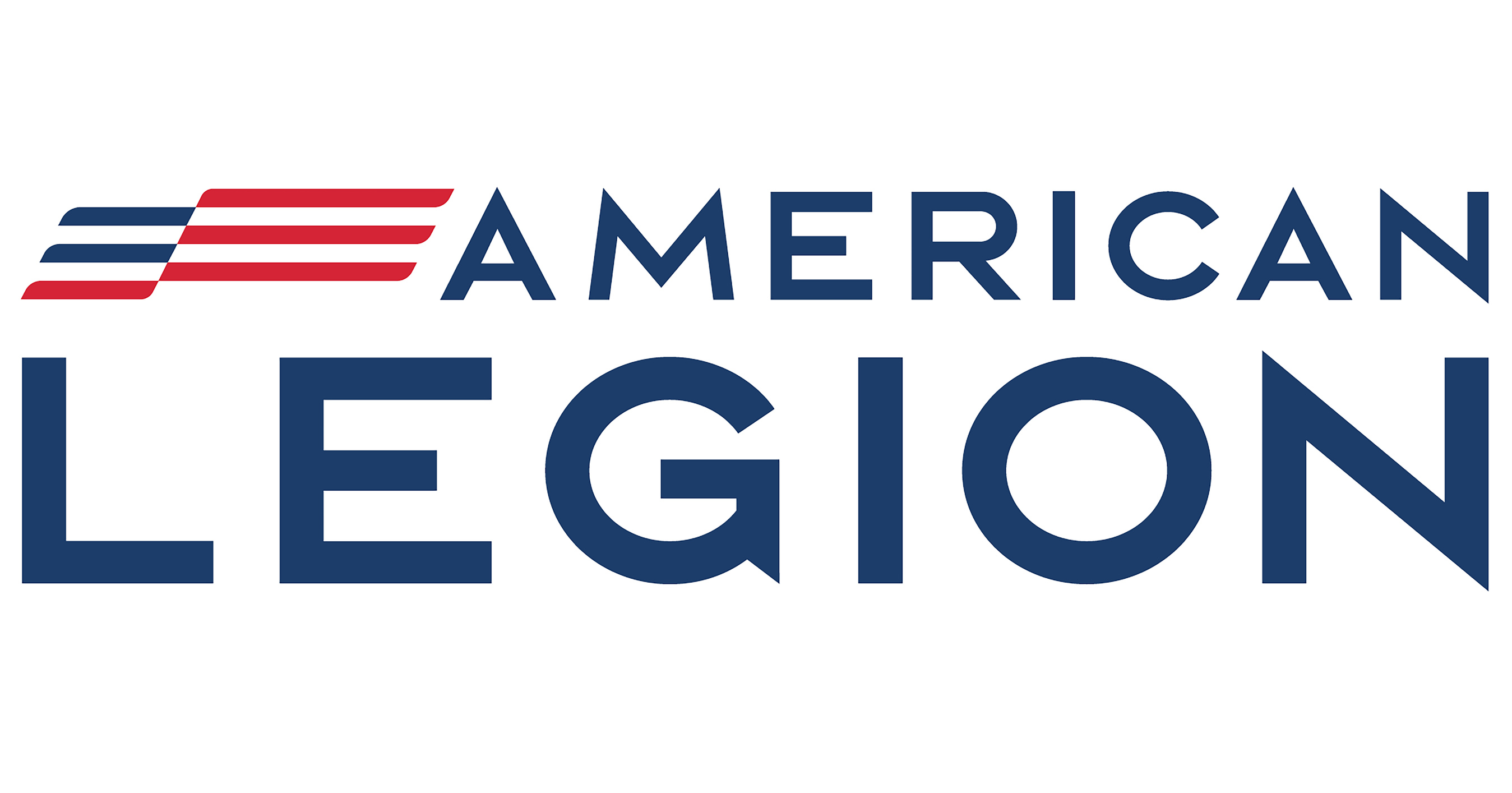FILE: An Alaska Airlines plane takeoff from SFO in June 2023.
Tayfun CoSkun/Anadolu Agency via Getty ImagesIn the latest airline news, new construction at San Francisco International could delay flights for months, the airport warns; Alaska Airlines is boosting checked bag fees; regional carrier JSX orders hundreds of hybrid-electric planes to expand service to smaller cities; Southwest agrees to additional passenger compensation as part of massive penalties imposed by the Transportation Department; Southwest pilots finally reach a deal on a new contract, but Alaska Airlines flight attendants are taking a strike authorization vote; Delta extends suspension of Tel Aviv flights into spring as it launches a new code-sharing partnership with El Al; another airline enters the SFO-Toronto market; American begins LAX-Auckland flights, plus more international route news from Air Canada, United, Norse Atlantic and Delta; American kicks off a new transcontinental route from Sacramento, Delta expands at Austin, and Alaska shrinks at Boise; TSA expands acceptance of California-issued driver’s licenses and adds four airlines to its PreCheck program.
San Francisco International Airport is warning travelers to expect flight delays over the next several months due to construction work. The project, which involves the removal and reconstruction of two existing taxiways, will require the closure of SFO’s Runway 28 Left from Jan. 16 through July 1. Runway 28 Left is one of the airport’s four main runways. The closure means arriving flights will all come in on Runway 28 Right under normal conditions. “SFO is working with airlines and the FAA to adjust flight schedules to minimize delays,” SFO said. “From January through April, SFO anticipates approximately one-third of flights may experience delays from 30-60 minutes, particularly during peak demand periods.” The delays would affect both domestic and international flights, SFO said.
A JSX Embraer EMB-135ER takes off at Los Angeles International Airport in July 2022.
AaronP/Bauer-Griffin/GC ImagesAdvertisement
Article continues below this ad
JSX, the innovative airline that serves several California routes with 50-passenger regional jets configured with just 30 seats, is going hybrid-electric. The company said it has reached agreements with a trio of manufacturers — Electra, Aura Aero and Heart Aerospace — to acquire up to 332 hybrid-electric aircraft, with deliveries starting in 2028. JSX’s aircraft orders and options include up to 82 nine-seat Electra eSTOL (electric short takeoff and landing) planes, up to 150 19-seat Aura Aero Eras, and up to 100 30-seat ES-30s from Heart Aerospace. “While commercial airlines can serve just 480 airports in the United States, JSX’s small community-friendly Part 135 and Part 380 Public Charter operations, combined with the exceptional performance capabilities of these hybrid-electric airplanes, enables service opportunities to thousands of federally-funded airports otherwise inaccessible to people who can’t own or charter an entire aircraft,” JSX said. The company noted that the hybrid-electric aircraft technology would “dramatically lower the cost of its service” and create new flight options at more than 2,000 U.S. airports “without the need for government subsidy.”
FILE: A person looks for lost luggage after Southwest Airlines flights were canceled at Chicago Midway International Airport, Tuesday, Dec. 27, 2022.
Pat Nabong/APIn the wake of massive financial penalties imposed on it by the Transportation Department over its operational meltdown a year ago, Southwest Airlines said this week it will adopt a new customer compensation policy on April 30, 2024. Southwest said the policy “provides additional compensation (in the form of a voucher of $75 or greater), upon request, during controllable cancellations and delays that cause customers to reach their final destinations three or more hours after their scheduled arrival.” “Controllable” means flight disruptions caused by something under the airline’s control, not weather-related or air traffic control problems. The new policy isn’t a magnanimous gesture on Southwest’s part — it was ordered by the Transportation Department.
It’s been a year since Southwest canceled almost 17,000 flights over Christmas and New Year’s 2022, but DOT finally brought the hammer down on the airline this week with civil penalties totaling $140 million for “numerous violations of consumer protection laws” that stranded more than 2 million holiday travelers. That $140 million won’t all go into government coffers, though. DOT said only $35 million will be a direct payment to the U.S. The settlement also orders the airline to set aside $90 million for future passenger compensation with those $75 vouchers, and DOT said it would grant Southwest “a $72 million offset” from its penalty to be applied toward that fund. The airline gets another $33 million offset for giving affected passengers 25,000 bonus Rapid Rewards points. The agency noted that Southwest had already paid out more than $600 million in refunds and reimbursements to passengers whose plans were disrupted by the 2022 meltdown.
Advertisement
Article continues below this ad
After more than three years of talks, picketing, and strike threats, Southwest Airlines pilots and the company’s management have finally reached an agreement in principle on a new contract, the Southwest Airlines Pilots Association announced this week. The airline had been under increasing pressure to improve pilots’ pay and working conditions after pilots at Delta, United and American all secured big gains in their contracts earlier this year. The tentative deal, which will give pilots a 50% pay hike over five years, now goes to the union’s 25-member board of directors for their approval, and then will be voted on by the union’s 11,000 members. At Alaska Airlines, meanwhile, the Association of Flight Attendants has decided to poll its members on whether to authorize a strike since contract negotiations have stalled. “We want to make it clear that the proposed merger with Hawaiian Airlines will not distract or delay our efforts to achieve what we deserve,” the union said. “In fact, now is the time to raise the bar for our careers before any merger takes place.”
Delta has extended its cancellation of flights from New York JFK to Israel at least through March 29, the airline said this week, citing the “ongoing conflict in the region.” Its service from Atlanta and Boston is also suspended indefinitely. But Delta is adding a new option for customers who want to go to Israel: On Jan. 1 it plans to introduce a code-sharing partnership with El Al, which continues to operate international flights into Tel Aviv. “The airlines will offer reciprocal codeshare and frequent flyer benefits, including the ability to earn and redeem SkyMiles or Matmid points across both carriers,” Delta said. The pact will put Delta’s code onto El Al flights to Tel Aviv from JFK, Newark, Boston, Los Angeles, Miami and Fort Lauderdale. Starting Jan. 15, top-tier elite frequent flyers on both carriers will get reciprocal benefits like priority check-in and boarding, preferred seat access, extra baggage allowance and lounge access. Meanwhile, View from the Wing reports that El Al and Alaska Airlines will terminate their existing partnership effective June 30, so that Alaska’s Mileage Plan members will no longer be able to earn and spend miles on El Al flights.
Another airline is entering the SFO-Toronto market.
d3sign/Getty ImagesAdvertisement
Article continues below this ad
Elsewhere, the European low-cost carrier Norse Atlantic has started service from Miami International to Paris Charles de Gaulle with four weekly flights, and to Berlin with one flight a week. Delta this week began daily flights to Rio de Janeiro, Brazil, from its Atlanta hub, which it said will now operate year-round; and from New York JFK, which will operate seasonally through Feb. 21. Delta has also started flying from Atlanta to Cartagena, Colombia, three days a week. United will introduce a new route on April 1 from its Houston Bush Intercontinental hub to Georgetown, Guyana, with four weekly flights. And Italy’s ITA Airways plans to discontinue its New York JFK-Milan flights after Jan. 7.
There are 26 airports that have CAT-2 scanners, including SFO.
Silas Valentino/SFGATEOn the domestic side, American Airlines this week introduced year-round daily service from Sacramento to its Miami hub. At Los Angeles International, Delta has started seasonal daily flights to Vail/Eagle, Colorado using Skywest Embraer 175s. After American’s recent decision to scale back its presence at Austin-Bergstrom Airport in Texas, Delta is now planning to expand there. On April 22, Delta said, it will introduce three flights a day from Austin to Midland-Odessa and McAllen, Texas, and will add three daily flights to Nashville, a second to Cincinnati, and a third to Raleigh-Durham. Meanwhile, Alaska Airlines has dropped plans to begin Austin-Boise service, which was due to start in May 2024, and Chicago-Boise flights, which had been scheduled to begin in February.
Advertisement
Article continues below this ad
TSA has also announced the expansion of its PreCheck trusted traveler program to include four more foreign airlines. The expedited screening lanes will now accept passengers traveling on Norse Atlantic Airways, the European low-cost carrier; Starlux Airlines, the Taiwanese carrier that just started flying to San Francisco; Lynx Air, a Canadian airline that flies to Los Angeles, Las Vegas and Phoenix and is scheduled to add SFO flights in May; and the South Pacific carrier Fiji Airlines. TSA said the additions bring participation in PreCheck to a total of 94 U.S. and foreign airlines.







